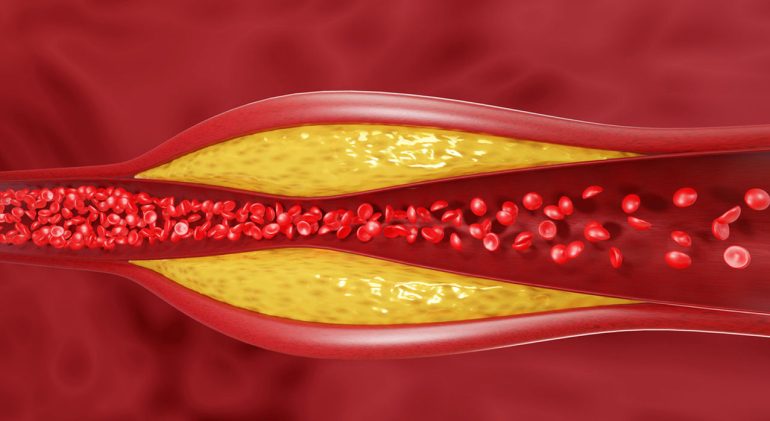
What Is Cholesterol? The Good, the Bad, and the Heart Truth
You’ve probably heard that “high cholesterol is bad for your heart.” But what exactly is cholesterol—and is all of it really bad?
Let’s break down the facts in a way that actually makes sense, so you can take control of your heart health.
🧬 What Is Cholesterol?
Cholesterol is a waxy, fat-like substance found in your blood. Your body needs some cholesterol to:
- Build cells
- Make hormones like estrogen and testosterone
- Help digest food
Your liver makes all the cholesterol you need—but you also get it from certain foods (especially fatty ones).
🟢 The Good: HDL
HDL (High-Density Lipoprotein) is known as the “good cholesterol.”
Think of HDL like a cleanup crew—it picks up excess cholesterol and carries it back to your liver to be removed from the body.
Higher HDL = better heart protection.
🔴 The Bad: LDL
LDL (Low-Density Lipoprotein) is the “bad cholesterol.”
Too much LDL can stick to your artery walls, creating plaque. Over time, this buildup can lead to narrowed arteries, blood clots, and eventually a heart attack or stroke.
🧪 How Is Cholesterol Measured?
A standard blood test—called a lipid panel—measures:
- Total cholesterol
- LDL (bad)
- HDL (good)
- Triglycerides (another type of fat in your blood)
Ideal numbers:
- Total cholesterol: Less than 200 mg/dL
- LDL: Less than 100 mg/dL
- HDL: 60 mg/dL or higher
- Triglycerides: Less than 150 mg/dL
🍟 What Causes High Cholesterol?
- Eating foods high in saturated fat and trans fat
- Lack of physical activity
- Smoking
- Genetics
- Medical conditions like diabetes or hypothyroidism
✅ How to Improve Your Cholesterol Naturally
You don’t always need medicine—try these lifestyle tips first:
- Eat more fiber-rich foods like oats, beans, and veggies
- Add healthy fats (like olive oil, nuts, and avocados)
- Move your body at least 30 minutes a day
- Quit smoking
- Lose excess weight
Your doctor may prescribe statins if lifestyle changes aren’t enough.
Final Thoughts
Not all cholesterol is bad—but too much of the wrong kind can silently damage your heart over time.
Understanding your numbers and taking small, consistent steps can add years to your life.
